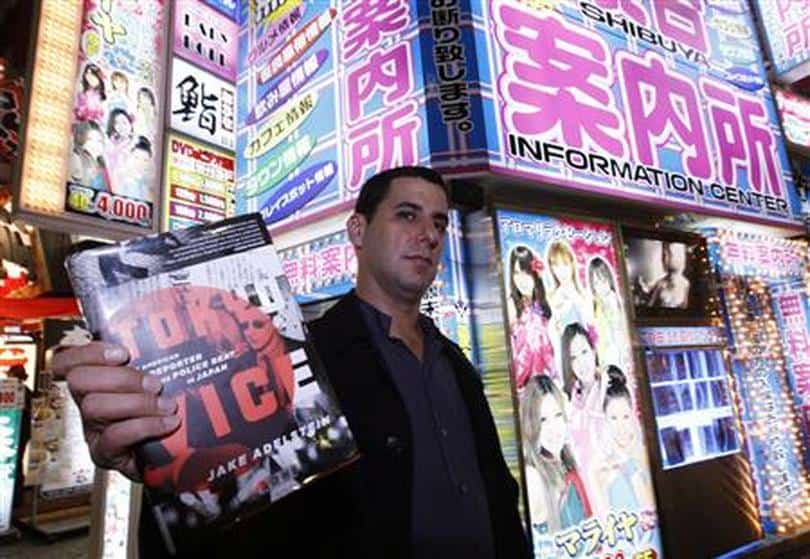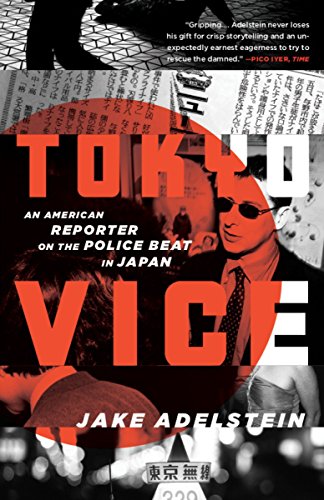With the reviews accompanying being truly rave (including ones from The Japan Times, George Pelecanos and Roberto Saviano) and a TV series already in pre-production stage, “Tokyo Vice” seemed like the book every fan of true crime dreams of reading. At the end, however, it was so much more.
Buy This Title
The book begins as an autobiography of Jake Adelstein's time in Japan, starting just after his graduation from Sophia University in Tokyo, in 1992, and actually retains that tone until the end of the book. In that fashion, the story traces his path from his decision to become a reporter for the Yomiuri, to the unlikely success that had to do with both effort and luck, his training at the TMPD (Tokyo Metropolitan Police Department) press club, to his first station in Urawa and the ones that followed, a number of high and low profile cases, and the eventual “clash” with the Yakuza.
However, through these stories, what is also revealed in the book is a series of significant elements regarding the character of the Japanese people, very rarely mentioned in books, and even rarer in cinema, at least through the bottom-line approach Adelstein implements here. The obsession with the proper way to do things, that begins from etiquette and stretches all the way to various manuals (including ones about sex and suicide) always being among the top sellers in the industry, is a truly revealing one and actually explains a lot about the way Japanese people conduct themselves. The concept of the sex industry as indicated in areas like Roppongi and Kabukicho, and particularly the rather hypocritical way the law and public opinion works in that regard is one of the most central ones, actually extending to human trafficking and a number of events that truly changed the author. Equally eye-opening is the way the press works and particularly the way reporters build connections with police officers, which actually includes various gifts, home visits and even the shaping of true friendships.
The influence the various Yakuza have in the press, the financial sector, show business (particularly the movie industry) the police and the politicians is also shocking, as much as the fact that their various “endeavors” are not exactly illegal according to Japanese law. The way Japanese people treat women, particularly as professionals, the way they perceive foreigners and particularly women again, sex, and death are also quite revealing, with the view of the foreigner actually helping the (Western) reader to understand all the complexities much better.
Lastly, the case of the infamous Tadamasa Goto and the way it shaped Adelstein in a matter ways permeates the pages of the book, adding much to both its authenticity and the entertainment it offers.

In the beginning, Adelstein emerges as cocky and a bit of a smart-ass, and although this element does not go away completely, the humor in which he presents both himself and the situations he ends up in is liberating, without, though, detracting anything from the seriousness of the book. At the same time, the reader actually witnesses Adelstein grow from an immature and ignorant 19-year-old to a deep-thinking man who is shaped by his experiences, the people he meets, and especially by a particular burden.
All the aforementioned are presented through a prose that is quite easy to read, with Adelstein being concise, accurate, and allowing humor to lighten the overall dramatic mood that takes over the book after a point. This approach results into a true page-turner, despite the fact that “Tokyo Vice” is an essay as much as a novel and most of its context is anything but easy.
Not much more to say, “Tokyo Vice” is a must-read for anyone interested in the Japanese psyche and character and the way the Yakuza, the police and the press work in the country, as much as a captivating story of a very interesting man that makes it very difficult to leave the books from your hands.
















